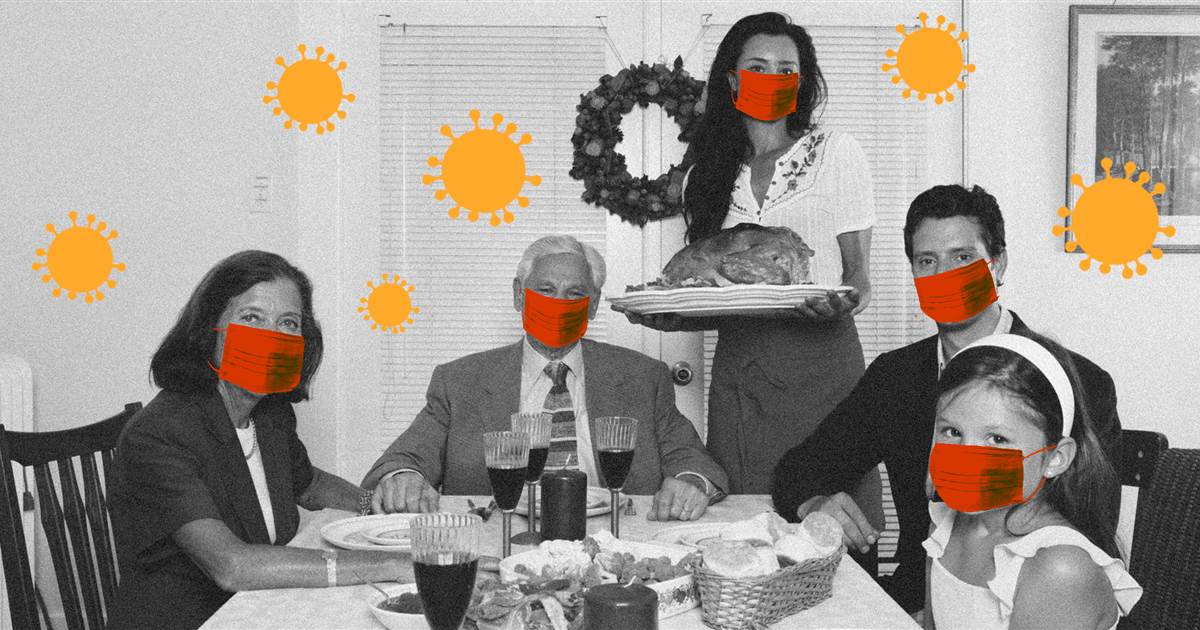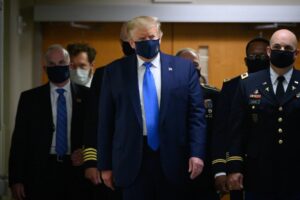Officials said they were strengthening their recommendations against travel because of a startling surge in infections in just the past week. As of Wednesday, the seven-day average of new cases across the country had surpassed more than 162,000 new cases.
“Amid this critical phase, the C.D.C. is recommending against travel during the Thanksgiving period,” said Dr. Henry Walke, Covid-19 incident manager at the agency, during a news briefing.
“We’re alarmed,” he added, citing an exponential increase in Covid-19 cases, hospitalizations and deaths. “What we’re concerned about is not only the actual mode of travel — whether it’s an airplane or bus or car, but also the transportation hubs we’re concerned about, as well.”
“When people are in line” to get on a bus or plane, social distancing becomes far more difficult and viral transmission becomes more likely, he said.
The agency’s overriding concern is that the holidays may accelerate the spread of the virus, C.D.C. officials said. Older family members are at great risk for complications and death should they contract the virus.
New concerns about the virus have been reflected in air travel plans. United Airlines said recently that it expected Thanksgiving week to be its busiest period since the pandemic’s onset, but on Thursday it reported that bookings had slowed and cancellations had risen in recent days. American Airlines has slashed December flights between the United States and Europe as cases rise sharply on both sides of the Atlantic.
If Americans choose to travel, they should do so as safely as possible, wearing masks and maintaining social distancing, even during the Thanksgiving meal with others outside the household.
“The safest way to celebrate Thanksgiving this year is at home with members of your household,” said Dr. Erin Sauber-Schatz, who leads the C.D.C.’s community intervention and critical population task force.
Alex
Koordynator projektu




